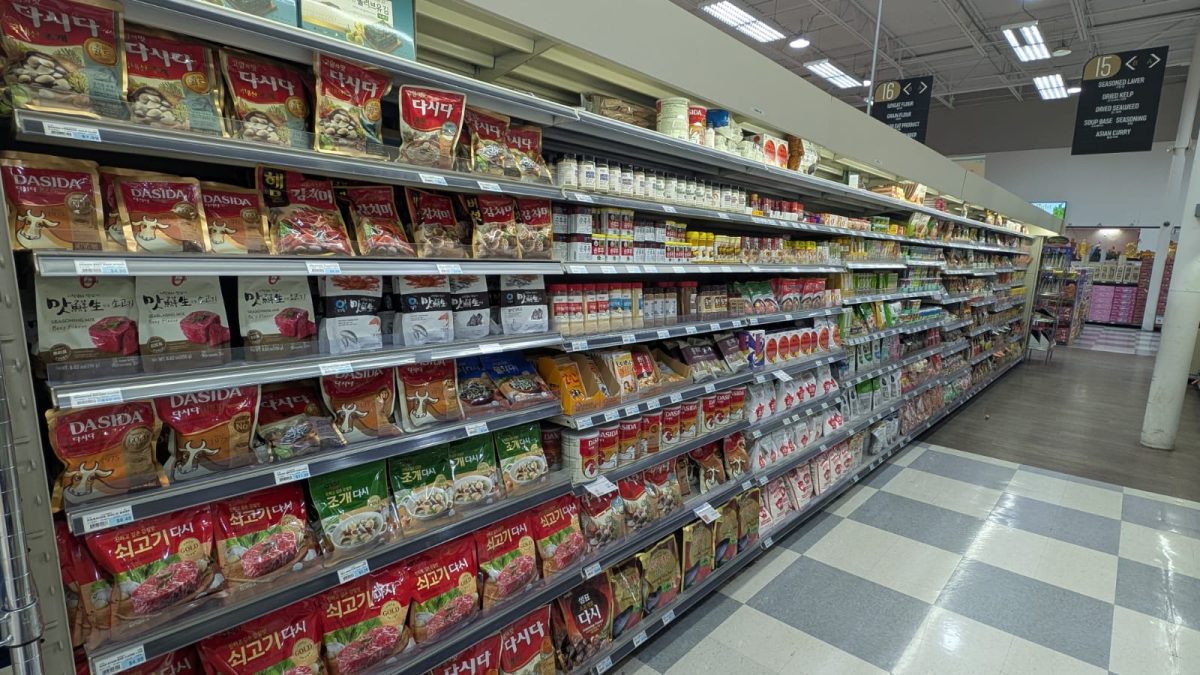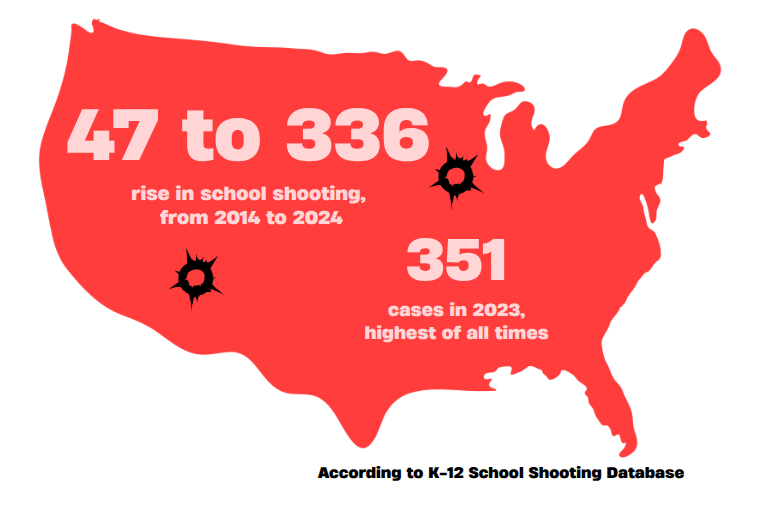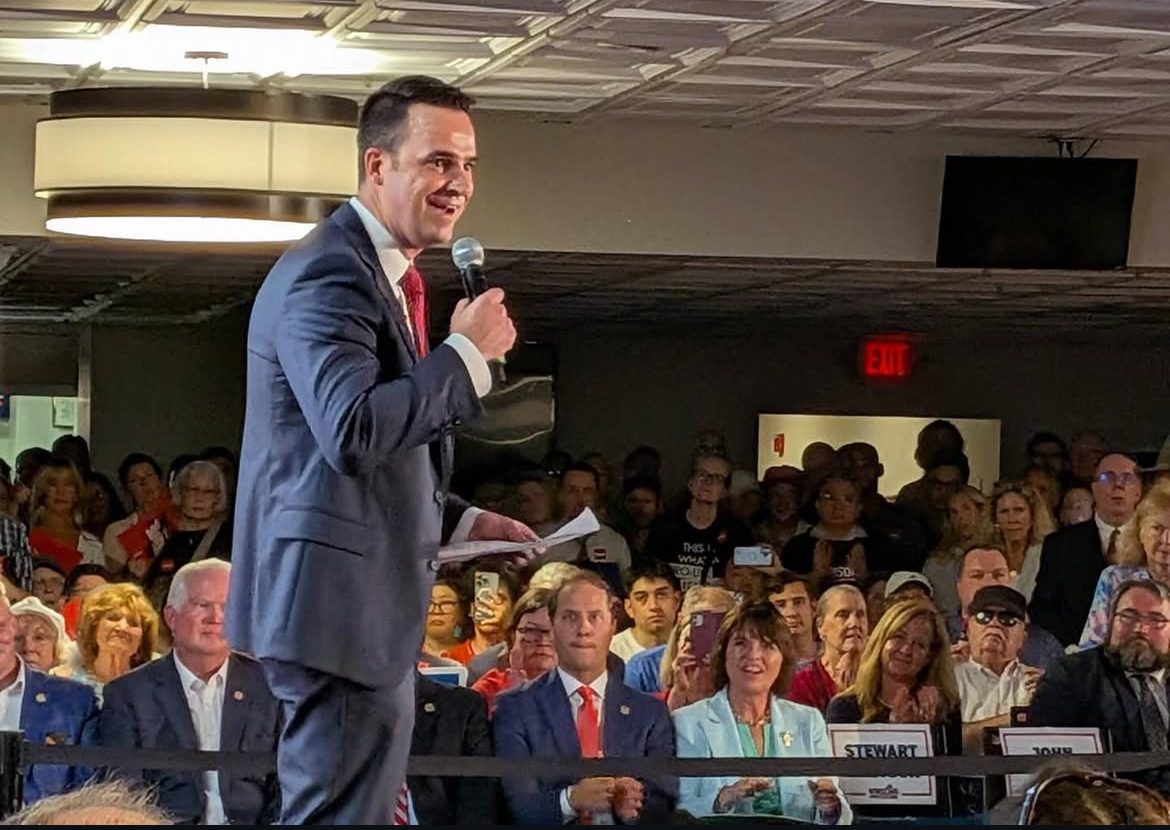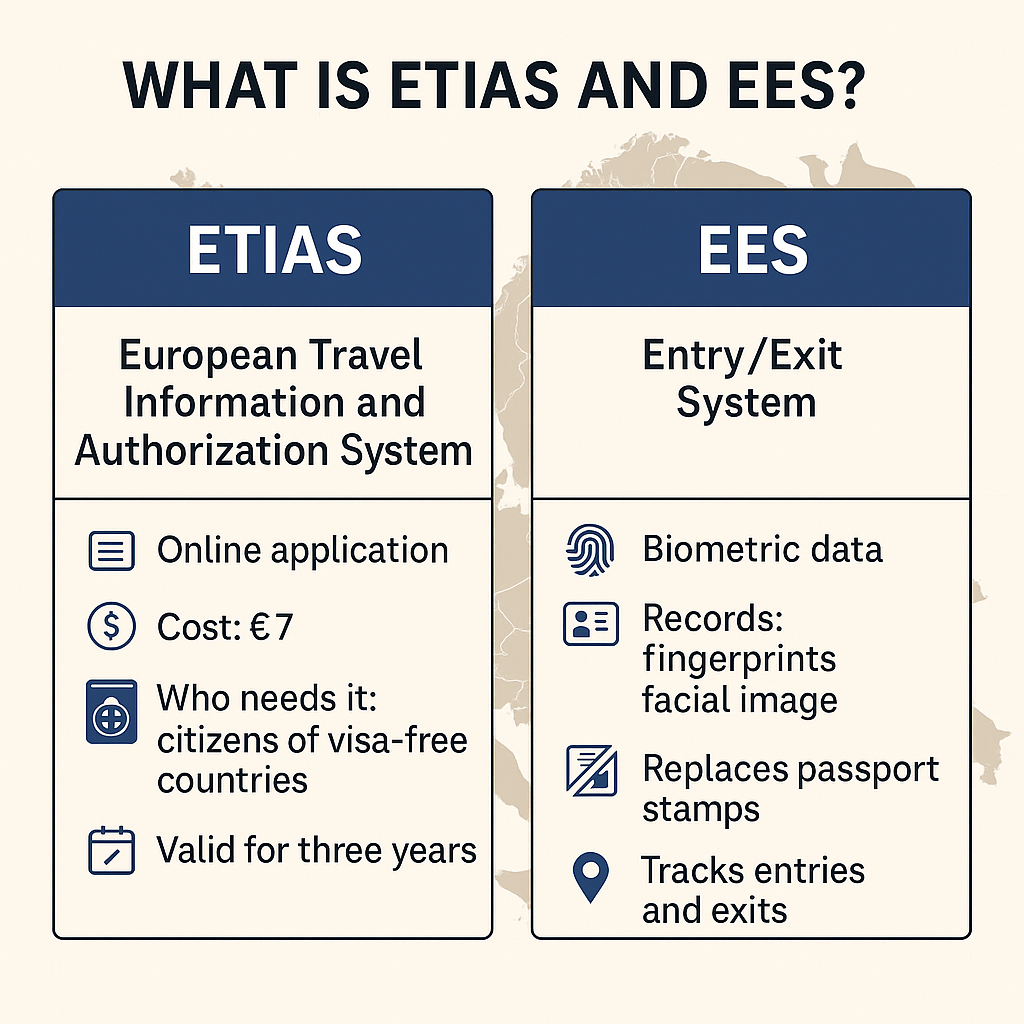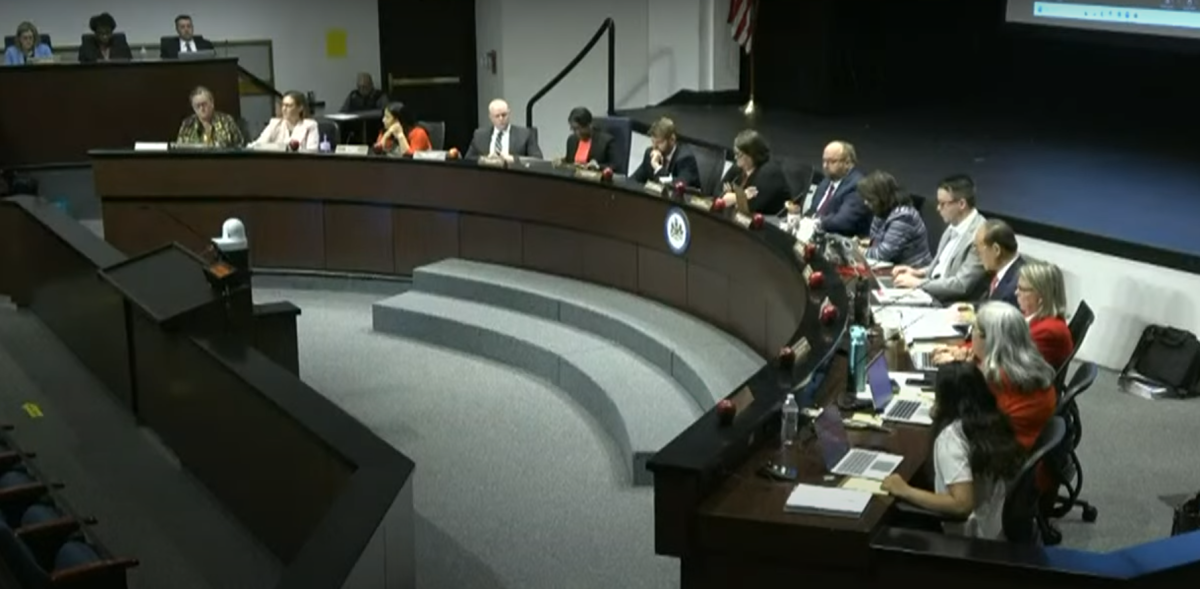President Donald J. Trump stated his tariffs were for the purpose of correcting trade “injustices” and the growth of the U.S. economy. The first wave of tariffs was announced Feb. 1, affecting major U.S. trading partners such as China, Mexico and Canada.
The Council on Foreign Relations defines tariffs as a tax applied to imports from other countries. Tariffs have been used by previous administrations, including former President Joe Biden. Trump’s proposed tariffs, however, have reached upwards of 145% and have seen pushback from several politicians and business people, including Mexico’s president Claudia Sheinbaum and Canada’s former prime minister, Justin Trudeau.
“In general, economists favor free trade rather than big tariffs on business services,” economics teacher Joseph Clement said. “The politics of it are up to each individual person to decide, but economically, we usually try to stay away from tariffs.”
The Tax Foundation has reported that President Trump placed a 10% reciprocal base tariff on all countries on April 2, with few exemptions for items such as specified electronics and some imports already subject to tariffs. Trump’s intention in placing the tariffs is to bring manufacturing back to the U.S., as consumers will be pushed to turn to U.S.-made products instead of imported goods to avoid the tariffs.
“I know a lot of people have been ordering stuff off Temu in particular, which I heard has drastically increased prices,” junior CJ Berejik said.
Temu is an e-commerce company based in China, known for its cheap prices prior to the recent tariffs. According to the Business & Human Rights Resource Center, Temu has a history of falling short on ethical labor practices. However, tariffs aren’t targeting company-specific labor practices, meaning consumers of any imported products will be paying some sort of tariff.
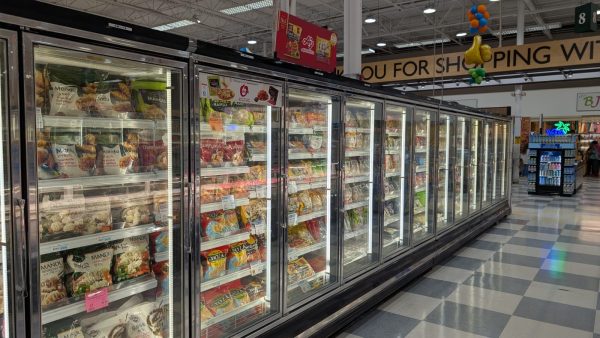
“I do buy a lot of imported stuff,” junior Lily Song said. “I’m Korean, so it ranges from food from Korea to products like blind boxes
or stationery that are often from Asia. We also often go to markets with foreign goods. It’s incorporated into my daily life.”
It’s not only imported products being affected, but also inputs, or the ingredients that go into products manufactured in the United States. In fact, President Trump has announced impending higher tariffs on resources like steel, lumber and agricultural products, according to the Tax Foundation.
“If there’s a tariff on imported plastic, for instance, then anything made out of plastic could get more expensive,” Clement said. “You might not necessarily know there’s a tariff on a certain good, but you’ll see prices rise.”


